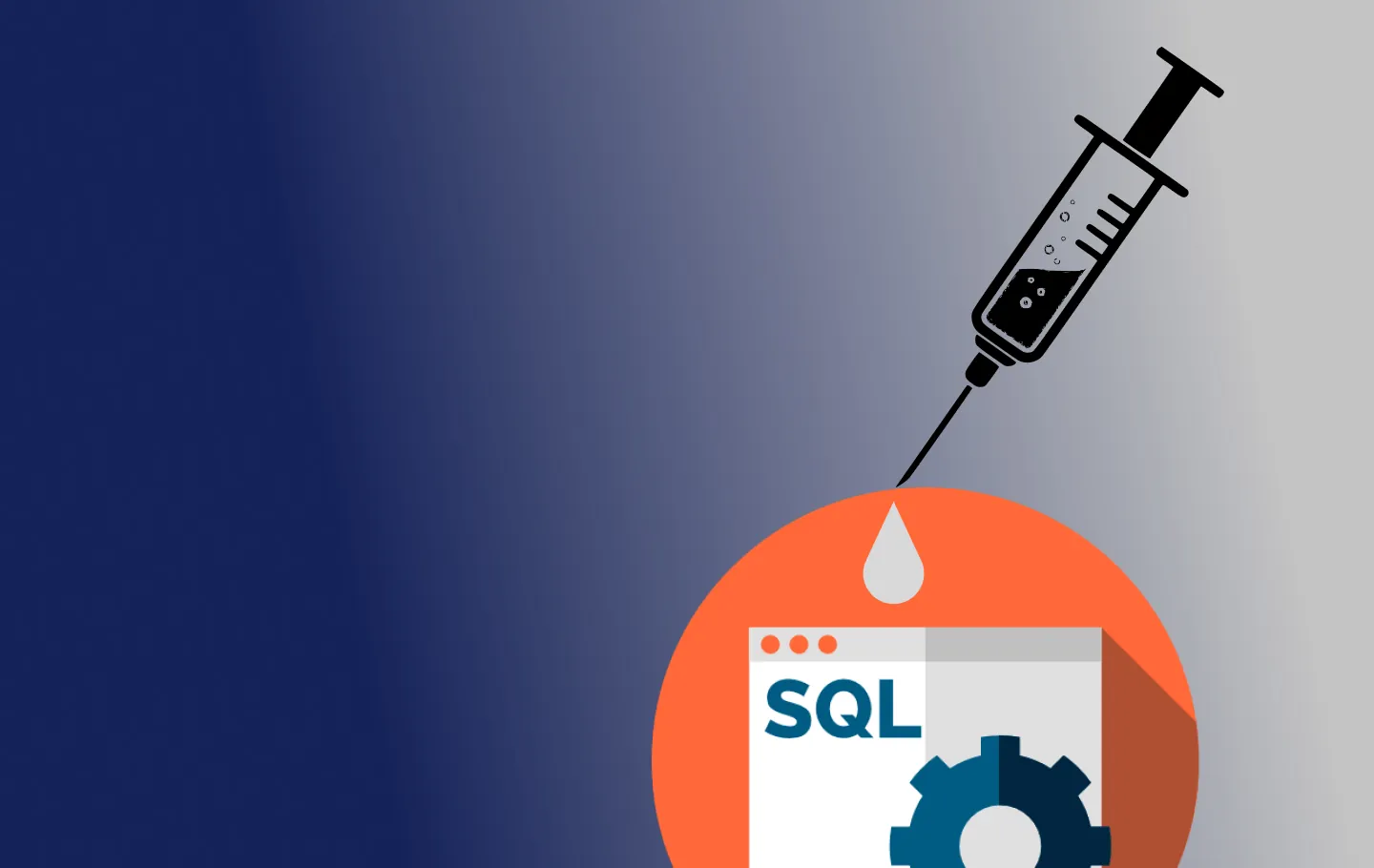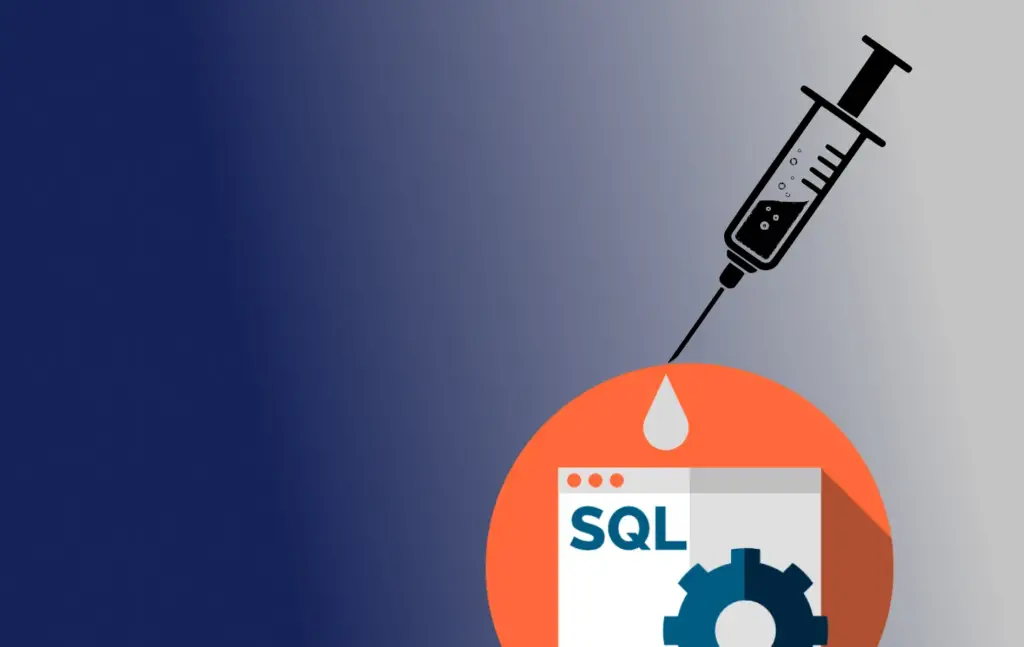What is SQL Injection (SQLi)?

What is SQL Injection (SQLi)? and How to Prevent Attacks
Have you ever thought about how hackers can easily get into secure databases and web apps? It’s all thanks to a common weakness called SQL Injection (SQLi). But what is SQLi, and how can you keep your systems safe? In this article, we’ll explore SQL injection, its risks, and how to protect your data.
Key Takeaways
- SQL Injection (SQLi) is a common web app weakness that lets hackers put in their own SQL code and access data they shouldn’t.
- SQL attacks can cause data theft, money loss, system problems, and harm to a company’s reputation.
- Knowing the different SQLi types, like Union-based, Blind, Error-based, and Time-based, is key to stopping them.
- Real examples show how serious SQL attacks can be and why good security is important.
- Things like checking inputs, using prepared statements, and doing cyber security checks can help prevent SQL Injection attacks.

Introduction to SQL Injection (SQLi)
SQL Injection (SQLi) is a serious security issue that affects web apps and databases. It happens when bad SQL code is added to app queries, allowing attackers to change the database. This problem arises from the need to check user input before using it in SQL statements.
Read More: Exploring the Various Types of Cyber Security Threats
Without proper security, SQLi can lead to unauthorized access to sensitive data. Hackers can steal important info like customer details, financial info, or login info. This puts the security and privacy of the systems at risk.
SQLi shows how important strong database security and input validation are in making web apps. It’s key to stop injection attacks and fix web application vulnerabilities. This helps protect against harmful SQL queries.
- Unauthorized access to sensitive data
- Data manipulation or deletion
- Complete control over the targeted database
| Key Aspects of SQL Injection | Description |
|---|---|
| Definition | SQL Injection is a way for attackers to add bad SQL code into app queries. This lets them change the database. |
| Potential Consequences | |
| Causes | Lack of proper input validation and sanitization of user input before it is used in SQL statements. |
Knowing about SQL Injection attacks and how to stop them is key to making web apps more secure. It helps protect sensitive data from unauthorized access or changes.
What is SQL Injection (SQLi)?
SQL Injection Definition
SQL Injection (SQLi) is a way for attackers to exploit web apps that use SQL databases. They do this by adding harmful SQL code into fields like login forms. This lets them access data they shouldn’t, change or delete it, and even run commands on the server.
Potential Consequences of SQLi Attacks
Getting hit by a SQLi attack can be bad. It can lead to data theft, financial losses, damage to reputation, and even total system takeover. Hackers might steal personal info, financial details, or trade secrets. They could also get past security checks, get more power, and run harmful code on the server.
Protecting against SQLi attacks is key to keeping web apps safe and secure. Using SQL injection prevention methods like checking user input, using safe queries, and limiting database access can help. These steps can stop SQL injection risks and vulnerabilities before they cause big problems.
Knowing how attackers use SQL injection techniques and following SQL injection security guidelines can help. Organizations can lessen the effects of SQL injection examples and keep their data safe.
Common Types of SQL Injection Attacks
SQL injection (SQLi) is a big security risk for websites and apps. To fight it, it’s important to know the different types of SQL attacks. We’ll look at some common ways hackers use SQLi.
Read More: What are the 4 types of cyber threats?
Error-based SQL Injection
Error-based SQLi uses error messages from web apps to get info on the database. Hackers send special SQL queries to make the app show details about the database. They can find out about the database’s structure, table names, and even the data inside.
Union-based SQL Injection
Union-based SQLi combines good SQL queries with bad ones to get data from the database. Hackers use the UNION operator to add their SQL to the original query. This lets them see and steal data that wasn’t meant to be public.
Blind SQL Injection
Blind SQLi happens when a web app is open to SQLi but doesn’t show error messages. Hackers have to guess the database’s layout and what’s in it by getting true or false answers.
Automated SQL Injection
Tools like SQLmap make finding and using SQLi weaknesses easy. These tools check web apps for SQLi problems and help use and get data from them once they find them.
Read More: Different Types of Cyber Security: A Comprehensive Guide
| SQL Injection Attack Type | Description | Potential Consequences |
|---|---|---|
| Error-based SQLi | Exploits error messages to extract database information | Disclosure of sensitive data, database structure, and other critical information |
| Union-based SQLi | Combines legitimate SQL queries with malicious ones to retrieve data | Unauthorized access to and extraction of sensitive data |
| Blind SQLi | Guesses the database structure and content through true/false responses | Gradual disclosure of database information through a series of queries |
| Automated SQLi | Uses tools like SQLmap to automate the injection and exploitation process | Widespread and efficient exploitation of SQL injection vulnerabilities |
Knowing about these SQLi attack types is key for web developers and security experts. It helps them use SQL injection mitigation strategies to keep their apps safe from the consequences of SQL injection attacks.
FAQ
What is SQL Injection (SQLi)?
SQL Injection (SQLi) is a cyber-attack in which bad SQL code is added to application queries, letting attackers control the database. It happens when user input isn’t checked or cleaned before being used in SQL statements.
What are the potential consequences of a successful SQLi attack?
A successful SQLi attack can lead to big problems, including data breaches, financial losses, and damage to a company’s reputation. Attackers can access sensitive data, change or delete it, and even control the server.
What are the common types of SQL Injection attacks?
Common SQL Injection attacks include: – Error-based SQLi: Using error messages to get database info – Union-based SQLi: Combining good and bad SQL queries to get data – Blind SQLi: Guessing the database structure and content – Automated SQLi: Using tools like SQLmap to automate the attack.
Can you provide real-world examples of SQL Injection vulnerabilities?
Yes, SQL Injection has been found in many web apps, like online stores and government sites. For instance, a popular online shopping site was vulnerable, letting attackers steal customer data like credit card numbers. Another case was a government website that was hacked because it didn’t check user input well, exposing personal records.
How can I prevent SQL Injection attacks?
To stop SQL Injection attacks, use strong input validation and secure coding. This means using parameterized queries, cleaning user input, and keeping your apps and databases updated. Also, regular security checks must be done to find and fix SQLi issues.


